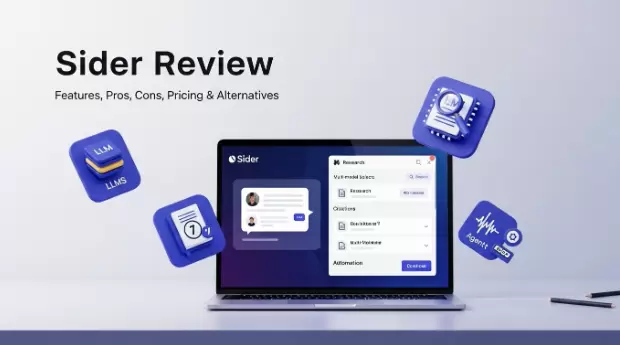Whether your business operates entirely online, entirely through in-store sales, or some combination of the two, getting the word out about your product or service will come down largely to how well you are able to rank in web searches.
In the digital age, ranking highly on Search Engine Results Pages (SERPs) for search terms that are relevant to your business is one of the main ways that new customers will find you. As a result of this, Search Engine Optimization (SEO) has become an essential component of any business’s marketing strategy.
While large brands and businesses with a global presence might compete for the top spot on the web’s most popular SERPs, for smaller, local businesses, a different approach is needed.
If you want to drive local traffic to your website, you don’t just need SEO, you need local SEO tools.
What is Local SEO?
Local SEO refers to the process of optimizing content for specifically localized search terms.
What exactly is meant by “local” will of course vary from case to case. At the very least, it will designate a specific country, targeting searches like “what is .ae domain?”—a query that is likely to be made by people with at least some interest in the United Arab Emirates and AE registration, for instance.
But country level SEO can still cover an awful lot of search territory, especially for larger countries. At the city or town level, a local SEO strategy might target queries like “electrician in New York” or “best croissant in Paris”, in order to attract the people who are looking for something in a specific geographic location.
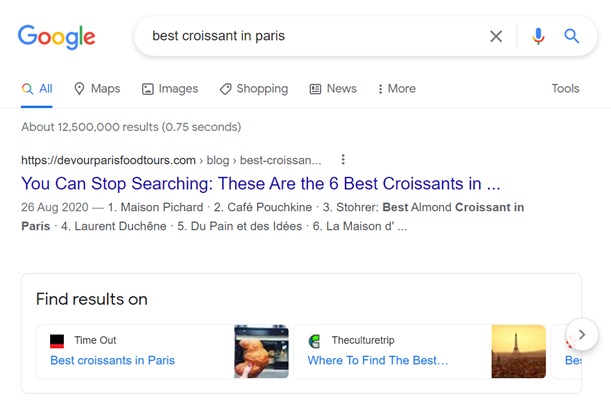
Local SEO is important for any business whose sales depend on proximity to their customers, such as the SEO for home inspectors. The obvious example is bricks-and-mortar businesses that sell physical products. Unlike some online businesses, these types of companies need a local SEO strategy because their customers have to be in the vicinity in order to make a purchase. Hence, for any business owner, learning Local SEO is a matter. If you're selling on Etsy, you should take Etsy SEO tips as a big consideration to get your items found on search engine.
This article will explore four main ways you can increase your online visibility to people in your immediate area.
1. Citation Building and Local Links
Citation building is all about ensuring that your business information is correctly listed in all the relevant directories for your area. Local citation software can streamline this process, helping to automate and verify the accuracy of your listings across multiple platforms.
Local links are links from websites that have a connection to the area you do business in.
Sources of citations and local links include local guides, community groups and forums, travel guides, business directories, and local press websites.
2. Optimizing for Maps
Because so many web searches these days are made from mobile devices, search engines have become adept at using geolocation data to deliver more relevant, local results.
SEO for maps involves optimizing for results in line with the regimes of contemporary search engines’ GPS systems.
In addition to traditional local SEO strategies, incorporating advanced route optimization can be a game changer for businesses that offer delivery or in-person services. By ensuring that your team reaches customers in the most efficient way possible, you not only improve customer satisfaction but also reduce operational costs. Optimizing delivery routes can help businesses rank higher in local searches as it often leads to positive customer reviews and better service metrics. This optimization can further align with local SEO efforts by allowing businesses to serve more customers within a specific geographical area, thus boosting visibility and engagement.
3. Localized Search Terms
Localized search terms refer to searches that specify a location. When people make location-specific searches, the traditional factors for SEO—keywords and backlinks—still reign supreme, taking priority over the location of the device from which the search is made.
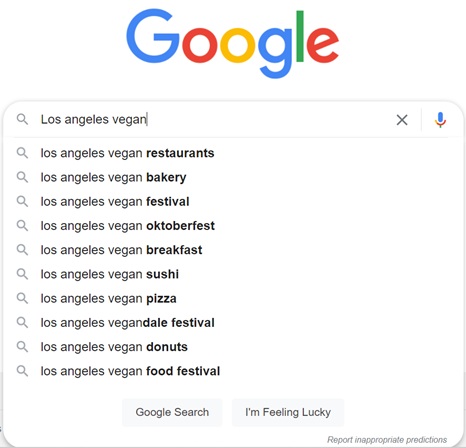
Targeting localized search terms should be an integral part of any local SEO campaign and is far more effective than many generic, non-local SEO tactics. For example, while the average ecommerce conversion rate sits at around 2–2.5%, this figure is often significantly higher for leads generated through highly specific search terms.
4. Third-Party Mentions
Getting mentions in local guides and media is an often overlooked aspect of local SEO. Sometimes, such guides don’t even link to your website, leaving prospective customers still a search away from your landing page and meaning you might never know where your traffic is actually coming from.
But that doesn’t mean that third-party media mentions don’t fall under the rubric of SEO. You can still optimize for such mentions, but the success of this tactic is harder to measure due to the indirect route by which it generates interest in your business.
Now let’s look at how you can excel in each area.
How to build Citations and Local Links
Citations are great because you can get your company’s information somewhere where people with an interest in the local area are likely to be browsing. You get to place a link to your website for free on authoritative websites and will likely generate some relevant traffic.
The basic idea behind citation building is to get your business’ name out there on as many sources as possible for maximum digital visibility. Citation building is an ongoing process. It requires that you maintain a list of key directories and regularly check them to ensure that your business is listed and your website is linked to.
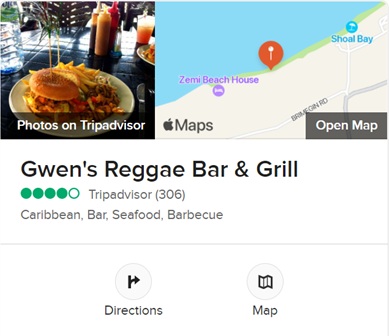
You should also make sure all of the details are correct and up-to-date. This might not necessarily fall under the banner of SEO, but having things like opening times correctly publicized can help increase footfall to your business.
As well as directory-style websites, there are other hyperlocal sources of links. Links from smaller, community-oriented websites may not be considered a big prize in the global SEO game. For local businesses for whom in-store purchases make up a large part of their revenue, though, these links can be valuable. Even local Facebook groups and community forums can be a good source of local links.
Make sure you prioritize citation and local link building in your business strategy. If you use one, a cloud or on premise ERP can help you to do this in the most cost-effective way.
Optimizing for Maps
A related but distinct process to citation building, optimizing for maps forms another essential component of local SEO for businesses that are tied to a specific location.
Google uses GPS location data combined with its maps platform in order to show people search results that are relevant not just to what they’re searching for, but to where they are too. This is exactly what happens when you search things like “library near me”. Google uses your location at that time to locate the closest libraries.
Making sure you’re visible on digital maps can therefore help your business to appear in local search results, even if geographically specific terms are not included in the search.
To optimize for location-based search results on Google, make sure you claim your Google My Business profile. While Google will automatically create a profile for your business and fill it in with the available information, this is not always comprehensive and accurate.
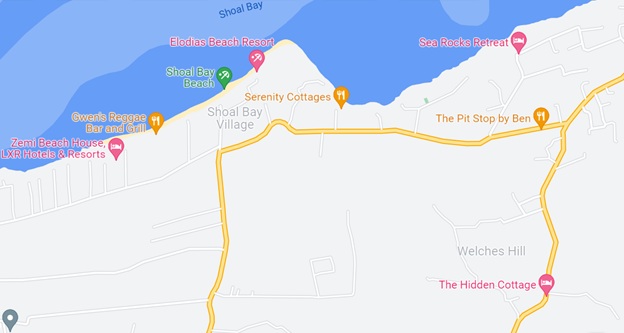
Considering that Google prioritizes this listing among search results, taking ownership of your own profile is not only important for SEO, but also gives you far greater control over the information people see when they do find you in the SERPs. According to ZenBusiness's AI study for small businesses, leveraging AI and automation tools can help local businesses manage their SEO efforts more efficiently, maintain accurate listings, and reach their target audience without unnecessary overhead.
3 Steps to Optimize for Local Search Terms
Optimizing for local search terms is the subdiscipline of local SEO that borrows most from classical SEO tactics, with an emphasis on keyword research and placement.
The three steps below outline how to optimize for local search terms by researching, narrowing down, and applying relevant local keywords and phrases.
1. Keyword Research
Modern marketers know that incorporating the right keywords into their content is an essential component of an effective content marketing strategy. In this respect, local SEO starts in much the same way as other forms of SEO—by researching a list of keywords that are relevant to your business.
Follow keyword research best practice by starting with common-sense keywords that describe your main business focus, and then using a keyword explorer tool to extend your list.
2. Keyword Localization
In legacy SEO, after creating your initial keyword list, the next step is to whittle it down to a smaller list of more specific phrases with lower search volumes that you will choose to target.
For local SEO, the process is much the same only in the whittling-down stage, you want to place an emphasis on geographically specific keywords. As well as highlighting these in your initial list, you can also add extra localized phrases by amending search phrases with “in location X” to make them more relevant.
3. Optimization for Search
Once you,ve compiled a list of localized keywords and phrases you wish to optimize for, the final step is to use them in your content. This can include website copy, blogs, social media posts, videos, and articles in local publications.
Earning Media Mentions
Getting mentioned in local media is an important part of local SEO that doesn’t necessarily rely on building links. Although it’s often possible to kill two birds with one stone by earning a media mention that also links to your website, even mentions that aren’t combined with a link can increase your search engine visibility and be a boost to your business.
Cultivating relationships with local press is a great way to get third-party mentions. Remember to target websites that cater to locals and those that are aimed at visitors to the area.
Mentions in top-ten style listicles are a great way to appear at the top of people’s search results that don't necessarily result in a direct link. For example, the aforementioned search for “best croissant in Paris” returns pages of just such features rather than the website of any particular baker making the claim.
If you’re struggling to get local press coverage, try sending media organizations some pre-made materials. These could include discounts and product recommendations for maximum effectiveness.
Final Thoughts
If enterprise-level SEO can occasionally get away with focusing on traffic volume without much thought for traffic quality, the same is not true for local SEO.
Returning to the domain name search discussed at the beginning of this post, consider that most people searching “what is .ai domain” have little interest in the small Caribbean island of Anguilla, but may well be researching websites that focus on AI.
Avoid confusion and the wrong kind of traffic by focusing on unambiguous, low search volume keywords, and targeted local links and mentions.
With the advice in this guide, you should now know all about local SEO and how to implement it. Now all that’s left is to do it. What’s stopping you?


 Table of Content
Table of Content




